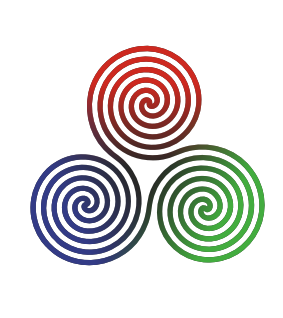La conferenza indaga i concetti tardo-medievali di essere umano, influenzati dalla medicina, analizzando il rapporto mente-corpo e i limiti della libertà della volontà.
Data:
Luogo: Sala Rossa, Via Azzo Gardino 23, Bologna

Organizzato da: Monika Michalowska e Costantino Marmo
Con: A.Lukacs; A. Robert, A. Nannini, C. Appolloni, S. Roudaut, P. Bernardini, M. Mansfeld, M. Gensler, M.W. Dunne
All'interno del programma di ricerca della visiting scholar, M. Michalowska, della Medical University of Lodz (Polonia)
19 maggio, ore 9,30
20 maggio, ore 10
English version below
I concetti tardo-medievali di essere umano furono alimentati da alcuni sviluppi in campo medico, che aprirono la strada a nuove comprensioni dell’umanità illuminando l’interazione tra corpo e mente e il modo in cui i sensi e/o l’intelletto potevano compromettere la libertà della volontà umana. Paradossalmente, anche gli sviluppi nella fisica matematica, nella logica e nella semantica favorirono nuovi approcci al dibattito sull’essere umano, sia per quanto riguarda le questioni affrontate, sia per gli strumenti metodologici impiegati per esaminare la relazione mente-corpo, la libertà della volontà e la teoria dell’azione. La nostra conferenza esplora le principali tendenze e le questioni minori della filosofia tardo-medievale, nate attorno alle ricorrenti preoccupazioni tematiche legate all’umano. Gli interventi tratteranno nozioni come l’essere umano, le facoltà umane, la mente e il corpo, la volontà e l’intelletto, le virtù e i vizi, riflettendo su una varietà di idee e approcci che hanno dato forma ai concetti tardo-medievali dell’umano.
----
Late medieval concepts of the human being were fueled by (certain) developments in medicine, which paved the way for new understandings of humanness by illumining how the body and the mind interacted and to what extent the senses and/or the intellect jeopardized the freedom of the human will. Paradoxically, developments in mathematical physics, logic, and semantics also encouraged new approaches in debating the human being, regarding both the issues addressed and the methodological tools employed to examine the mind-body relation, the freedom of the will, and the theory of action. Our conference explores major tendencies and minor issues in late medieval philosophy that grew out of and around the recurrent thematic preoccupations concerning the human. Papers will be on the notions of the human being, human faculties, mind and body, will and intellect, and virtues and vices, reflecting on a variety of ideas and approaches that bred the late medieval concepts of the human.